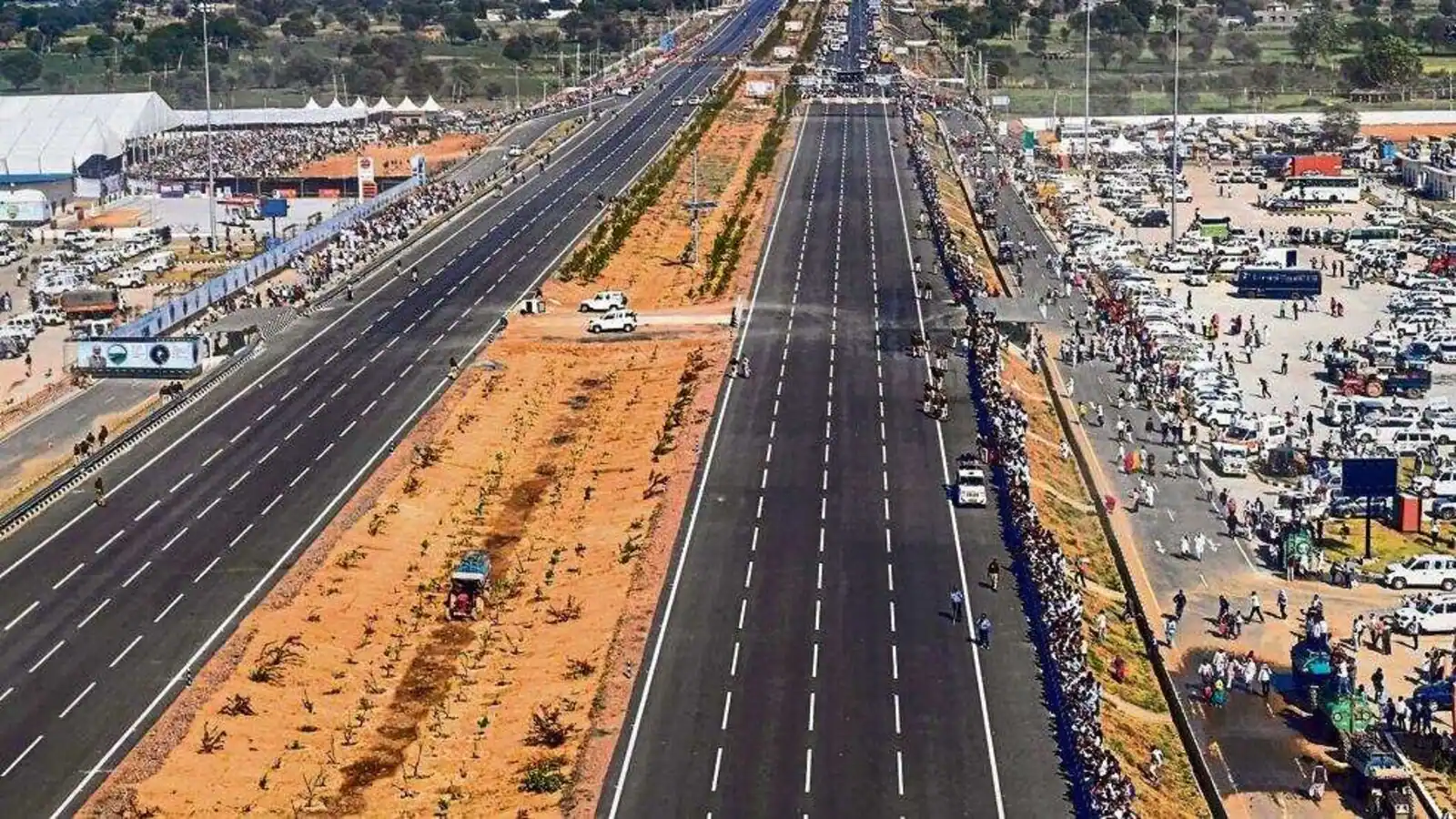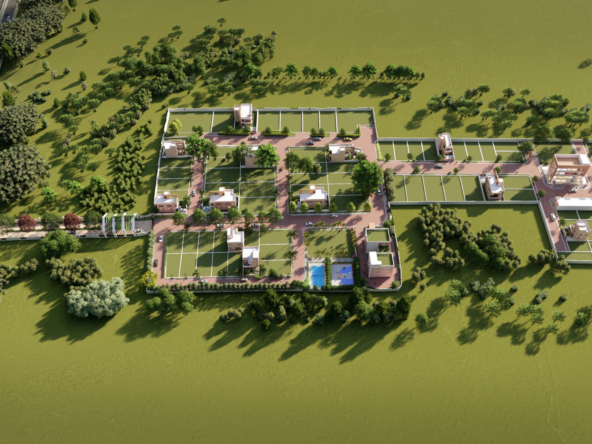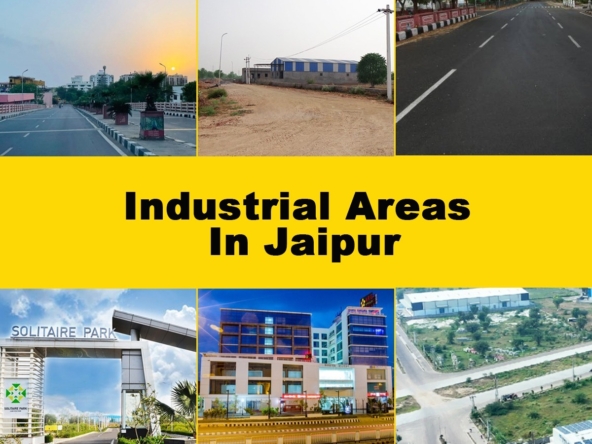Introduction:
The Jaipur Ajmer Expressway has emerged as a vital corridor for industrial development in the state of Rajasthan, India. This expressway, connecting the cities of Jaipur and Ajmer, has witnessed significant industrial growth over the years. In this blog, we will explore the economic impact of industrial development along the Jaipur Ajmer Expressway, highlighting key factors and the benefits it brings to the region.
1. Enhanced Connectivity and Infrastructure:
The construction of the Jaipur Ajmer Expressway has improved connectivity between Jaipur and Ajmer, creating an efficient transportation network for industrial activities. This improved connectivity has attracted industries to set up their operations along the expressway, benefiting from the ease of transportation and logistics. The presence of a well-developed infrastructure, including modern roadways, power supply, and communication facilities, has further supported industrial growth and economic development in the region.
2. Job Creation and Employment Opportunities:
Industrial development along the Jaipur Ajmer Expressway has resulted in a significant increase in job opportunities, leading to economic prosperity for the local population. The establishment of various industries, including manufacturing plants, warehouses, and logistics centers, has created a demand for a diverse range of skilled and unskilled workers. This has not only reduced unemployment rates but also improved the standard of living in the surrounding areas.
3. Job Creation and Employment Opportunities:
Industrial development along the Jaipur Ajmer Expressway has resulted in a significant increase in job opportunities, leading to economic prosperity for the local population. The establishment of various industries, including manufacturing plants, warehouses, and logistics centers, has created a demand for a diverse range of skilled and unskilled workers. This has not only reduced unemployment rates but also improved the standard of living in the surrounding areas.
The presence of industries along the Jaipur Ajmer Expressway has played a crucial role in diversifying the regional economy. Previously dominated by traditional sectors such as agriculture and tourism, the region has witnessed the emergence of new sectors, including manufacturing, textiles, automotive, and electronics. This diversification has reduced the region’s dependence on a single sector and strengthened its economic resilience. It has also attracted investments, both domestic and foreign, leading to the growth of ancillary industries and fostering innovation.
4. Revenue Generation and Tax Contributions:
Industrial development along the expressway has significantly contributed to the generation of revenue for the state government. The establishment of industries has increased tax collections, both through direct taxes from the companies and indirect taxes from the sale of products and services. The additional revenue generated has been utilized for infrastructure development, welfare programs, and further promoting industrial growth in the region.
5. Regional Development and Ancillary Services:
Industrial development along the Jaipur Ajmer Expressway has spurred regional development and the growth of ancillary services. The establishment of industries has attracted a range of supporting services such as banking, logistics, warehousing, hospitality, and healthcare. This has not only improved the quality of life for the local population but has also created business opportunities for entrepreneurs and small-scale enterprises.
Conclusion: The Jaipur Ajmer Expressway has transformed into a thriving industrial corridor, contributing significantly to the economic development of Rajasthan. Enhanced connectivity, job creation, economic diversification, revenue generation, and regional development are some of the key benefits brought about by industrial development along the expressway. As industries continue to flourish, the region is poised for sustained economic growth and prosperity.




